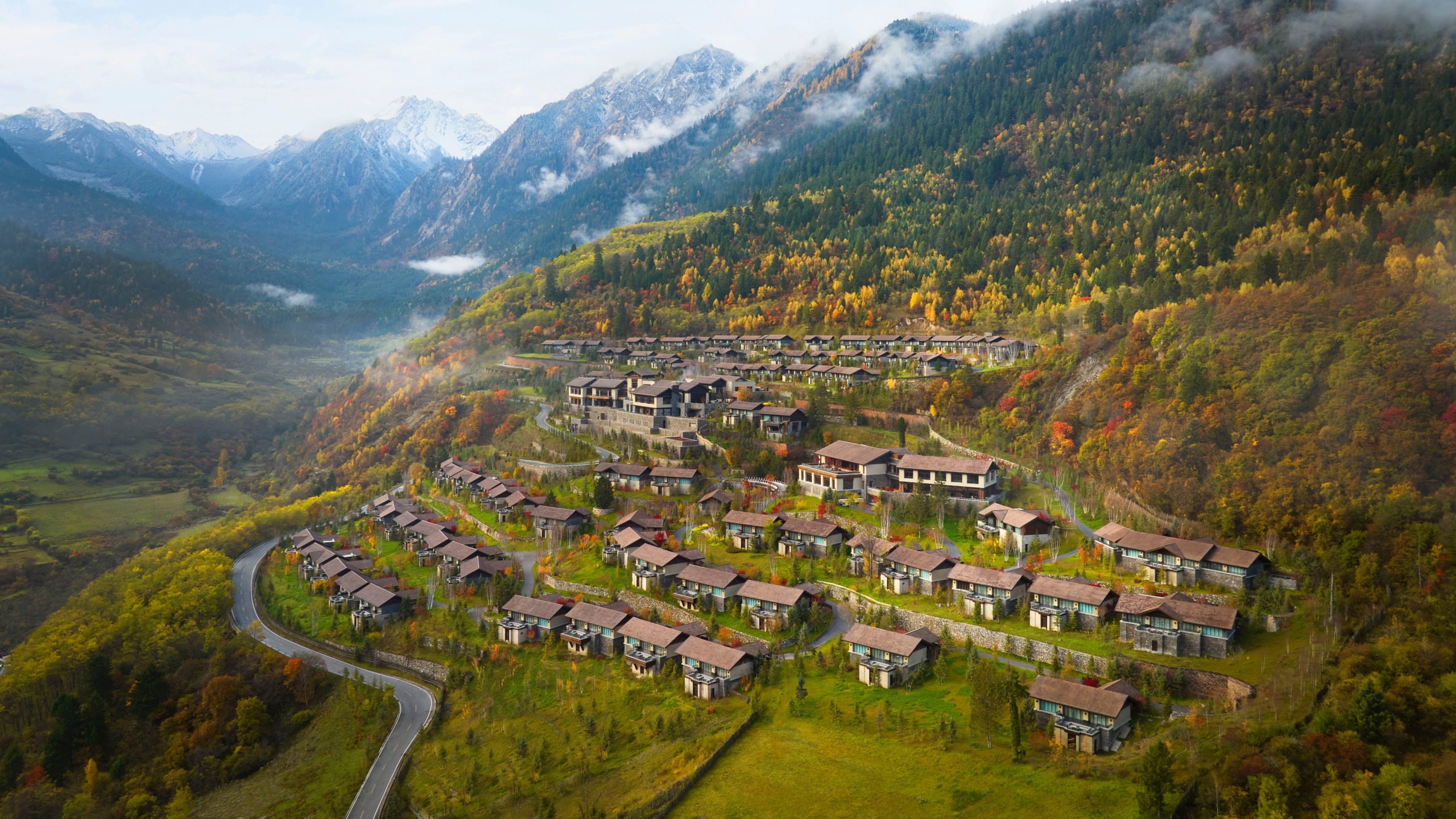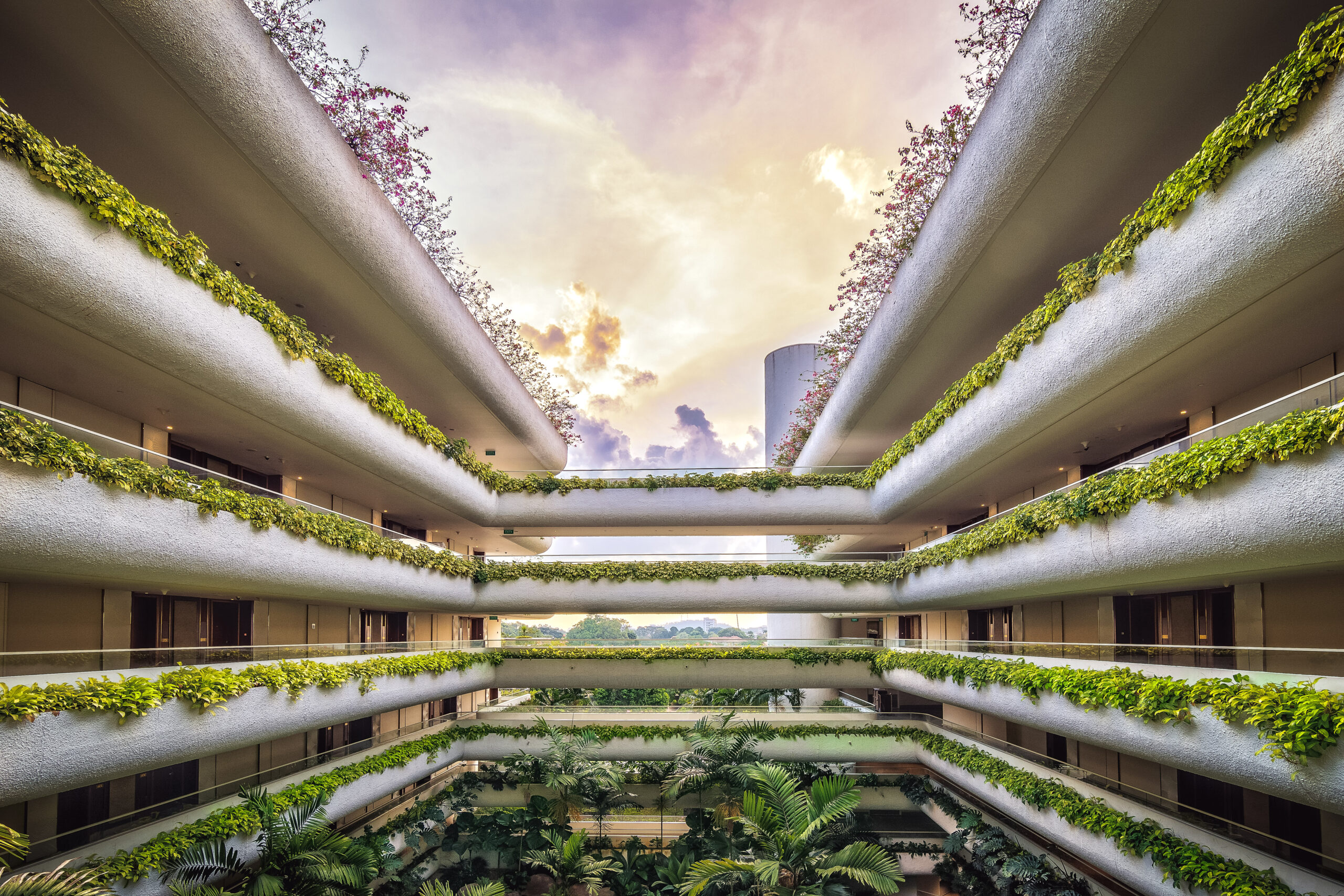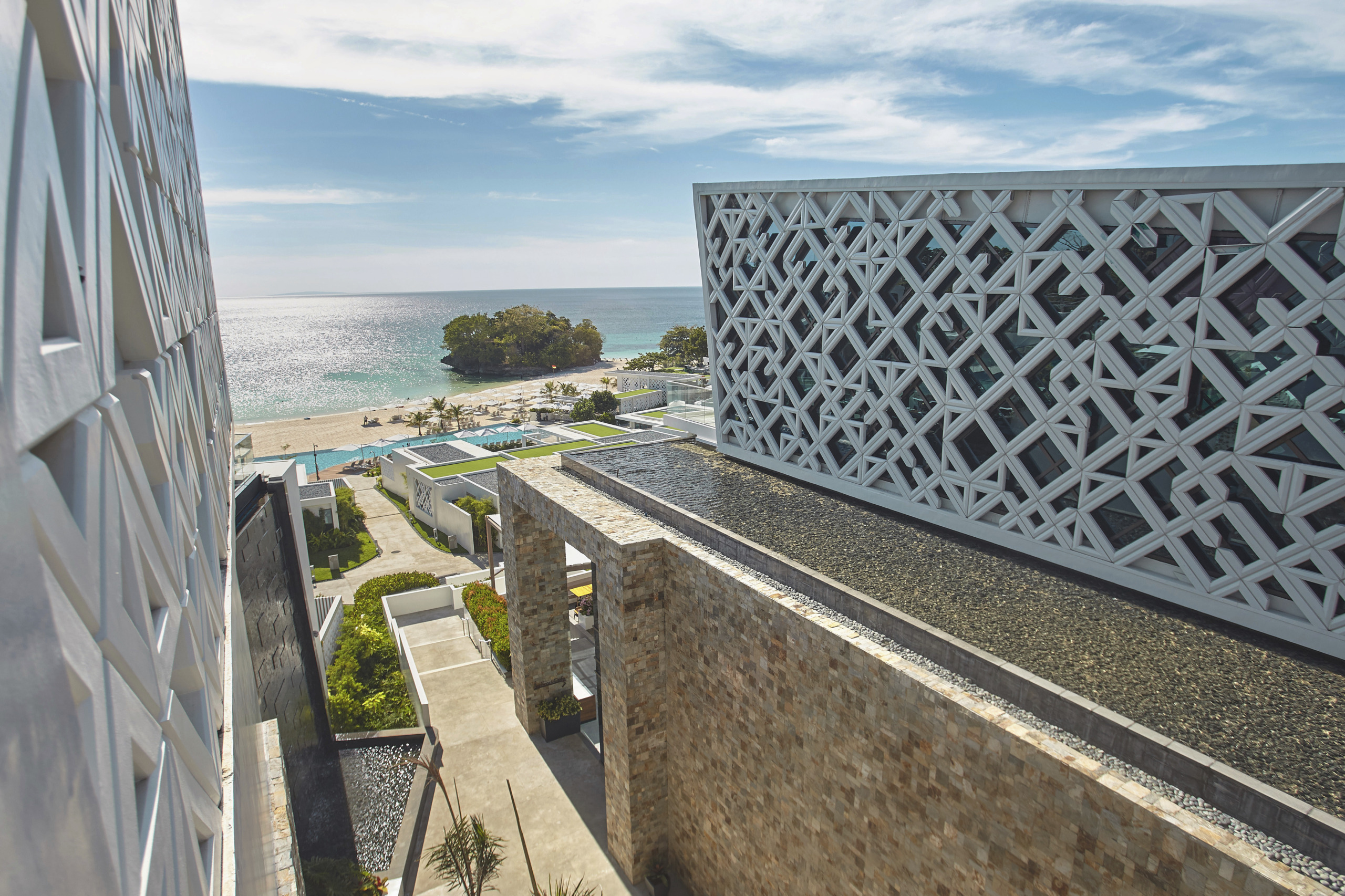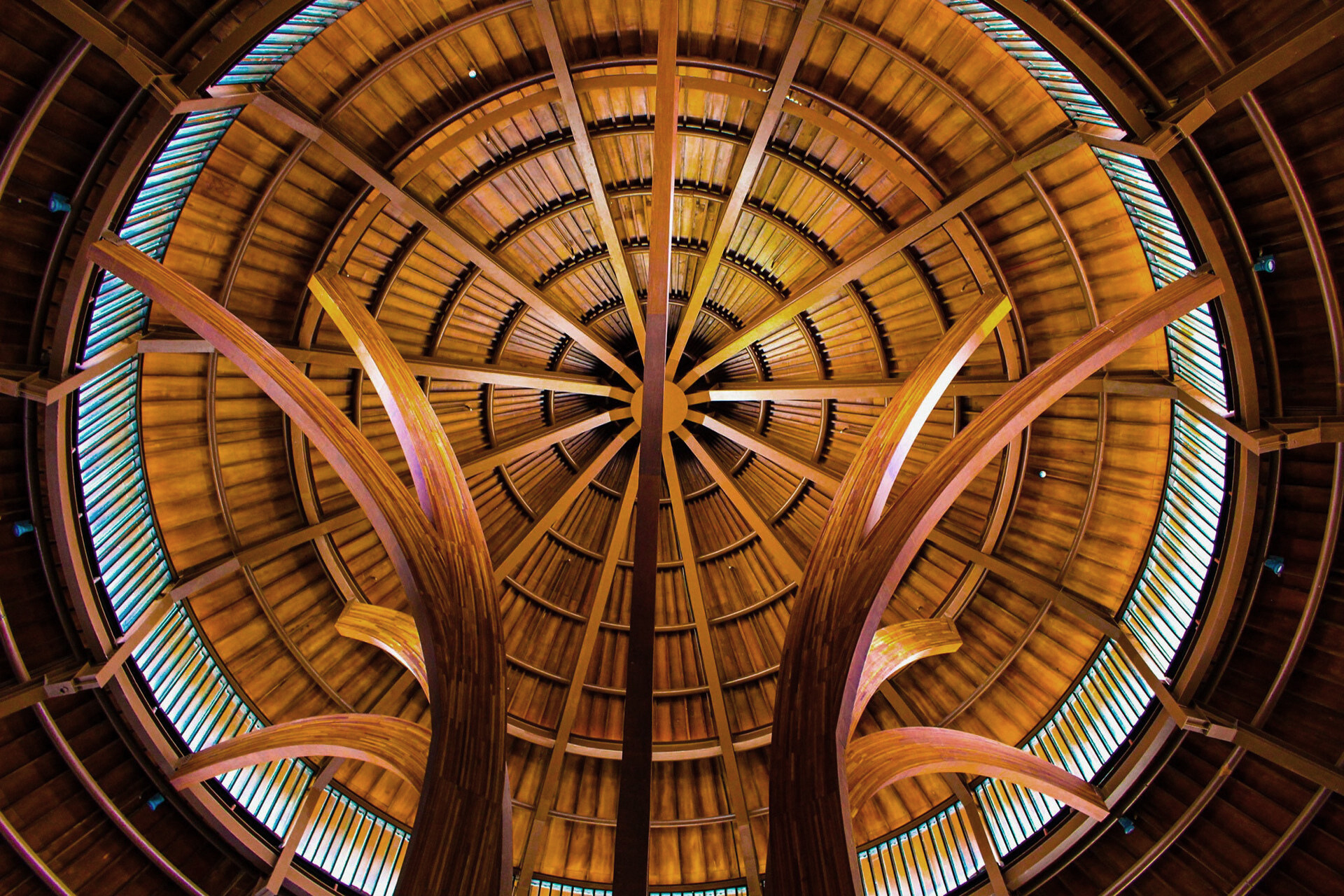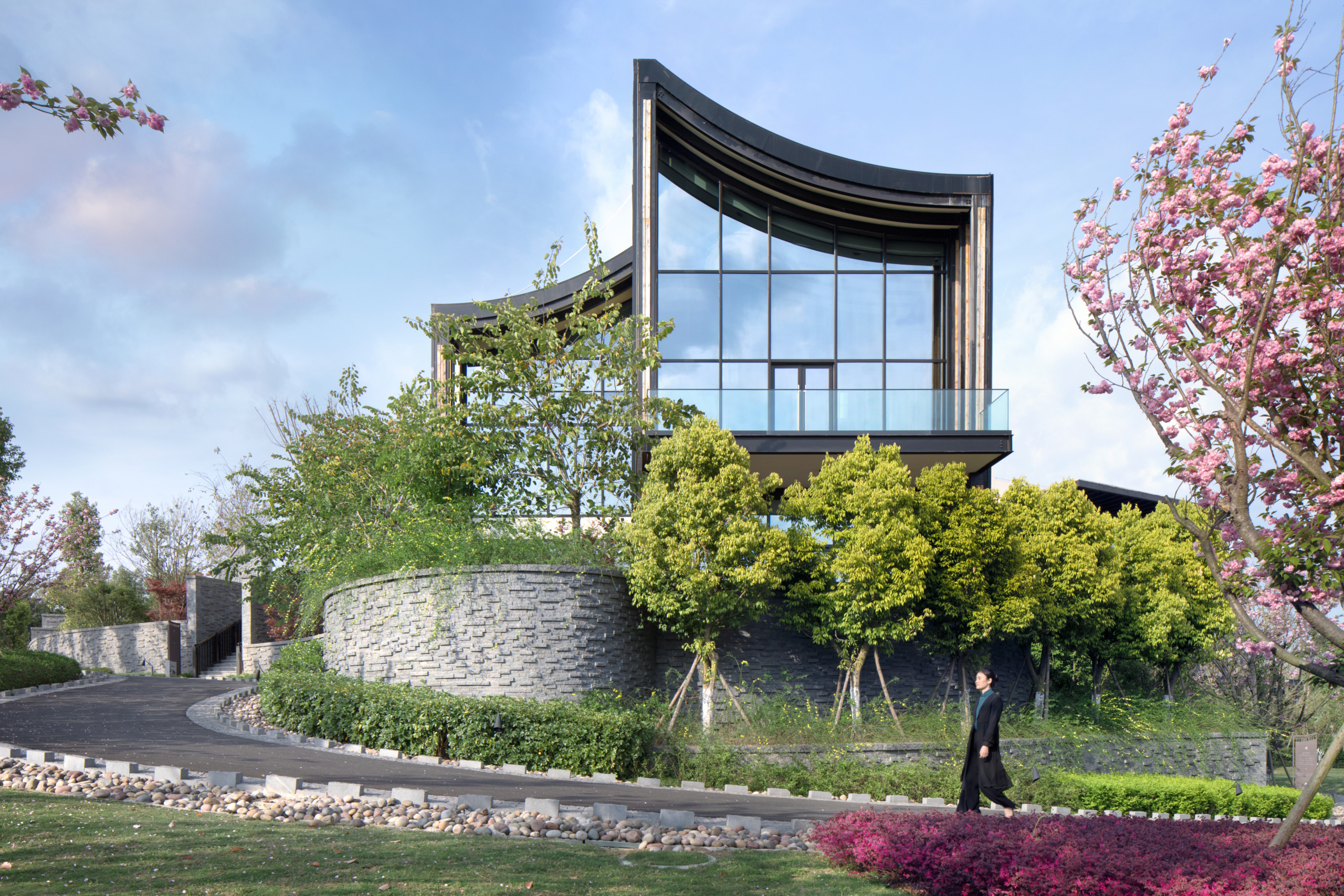Designing The Hotel of the Future
By WATG
August 16, 2024
For the 9th Tourism Hotel Investment & Networking Conference (THINC) held in Bali, 6-7 August ’24, WATG was invited to give a keynote on our perspective on The Hotel of the Future. Held at the Sofitel Nusa Dua Resort – a WATG project, Chiara Calufetti-Lim, Principal and Studio Director of Architecture, shared valuable insights prepared in collaboration with Alam Mulyana, Associate and Senior Project Designer.
Drawing on WATG’s extensive experience in hospitality design, Chiara explored the challenges ahead and how we can transform them into opportunities to usher in a new chapter of hospitality.
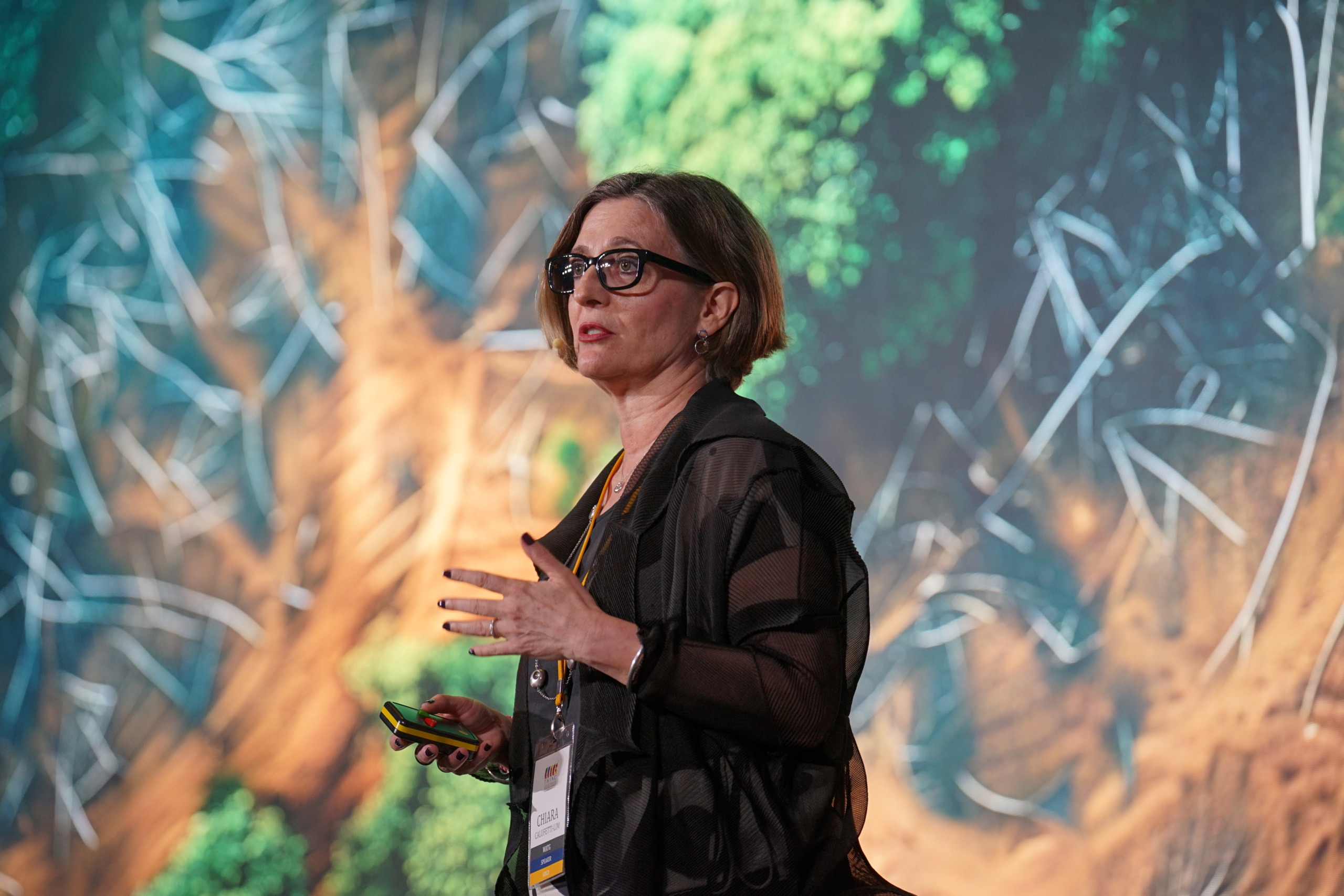
Chiara Calufetti-Lim at THINC Conference
Future Challenges
Whether it’s on a pristine Island, or in a vibrant city, our designs are always rooted on the site. We study the conditions of each unique site from shape, contour, view, sun path, ecosystem, and program to develop a thorough understanding of context. Our deep respect for the locale empowers us, as designers, to consistently craft bespoke site-specific solutions tailored to the guests’ and clients’ needs. This has been our design DNA for the past 79 years.
But today, we must ask ourselves ‘What about the hotel of the future?’
The future is ever changing but we know the hospitality industry is here to stay. We are now faced with future challenges for the industry which we must tackle early on to ensure our sustained progress.
climate change
First, we look at environment impacted by climate change.
- Resource scarcity is getting more critical.
- Ecosystem degradation is increasing rapidly.
- Overtourism is straining the environment and the communities.
To create meaningful benefits for tourism destinations and their communities, solutions must deliver significant impact. At present, environmental and local community considerations in hotel developments are more often afterthoughts than being carefully considered from the onset. For a positive future, we need to ensure the development site’s ecosystem and supporting communities regenerate beyond their pre-development state of health.


biogenic materials
Next, we explore the use of recycled and biogenic materials so that buildings can be constructed without extracting new resources as construction materials. These cutting-edge materials can be sustainably grown and produced to minimize environmental impact, reduce carbon emissions, and promote a circular economy in the construction industry. We have seen ‘mycelium bricks’ and bricks made from construction waste in recent times which are encouraging signs that we are moving in the right direction.
resilience
Developments need to be designed with resilience as a priority. To prepare for the impact of climate change, buildings and spaces need to be adaptable to new, evolving and sometimes unexpected conditions such as responsive built forms with changing sea levels. We have witnessed a high level of innovation as well globally such as floating villages that adapt to new site conditions caused by climate change.
Resource management
Resource management is also an area where advancement can be made. Leveraging technology to efficiently manage energy consumption to run increasingly complex hotel operations is a strategy that is at the cusp of widespread adoption. Along the same vein of leveraging on technology, a real-time dynamic personalized guiding system can be employed to direct tourists to manage overcrowding and to enhance overall guest experience.
expectations of travelers
There are a lot more challenges for the future of hospitality. Guests’ demography is getting more diverse, and expectations of travelers are expanding and evolving. The age bracket of 25 to 34 has emerged as the highest share of people planning to travel in Asia. Hotels need to be designed to adapt to the evolving and increasing guest expectations. At present, unlike other sectors, the built environment including hotels is not as quick to adapt and to innovate for the changing needs.
Flexibility
With an increasing focus on flexibility, we need to think about movable components and adaptable spaces that can be reconfigured, even movable structures and installations that can be strategically positioned, relocated, and repurposed when necessitated. This is the future for highly adaptive architecture. As for interiors, we envision them to be subdivisible, and reconfigurable in FOH spaces and guestrooms to meet guests’ evolving demands. In addition, bespoke service and experiences that are seamlessly automated and tailored to occupancy and guests’ personal preferences will result in highly personalized offering.
AI
A pain point we have observed amongst operators is on rising labor costs and talent shortage. To perform efficiently under such conditions, we need to shed the manual and labor-intensive current state of the industry by leveraging machine learning and AI to automate increasingly complex inventory, staffing, and maintenance / staff management. Perhaps even adopting robotics and automated solutions to efficiently support BOH operation and FOH orchestration while uncompromising on the necessary human touch and level of service.
catalysts for change
To design the hotel of the future, we need to anticipate future challenges caused by changes in environment and demography, transform through technology and resilient design strategies into solutions that can result in highly positive impact, highly adaptive hotels and highly efficient operation. The implementation of these solutions will deliver great value for guests, for operators, for owners, communities and the environment.
With every challenge comes the opportunity for innovation, pushing us to rethink our approaches and explore new horizons. By embracing these opportunities, we not only overcome obstacles but also pave the way for a more sustainable and resilient future. We have the opportunity to turn these challenges into catalysts for positive change, driving the industry forward with creativity, determination, and a shared vision for a better tomorrow.
Latest Insights
Perspectives, trends, news.
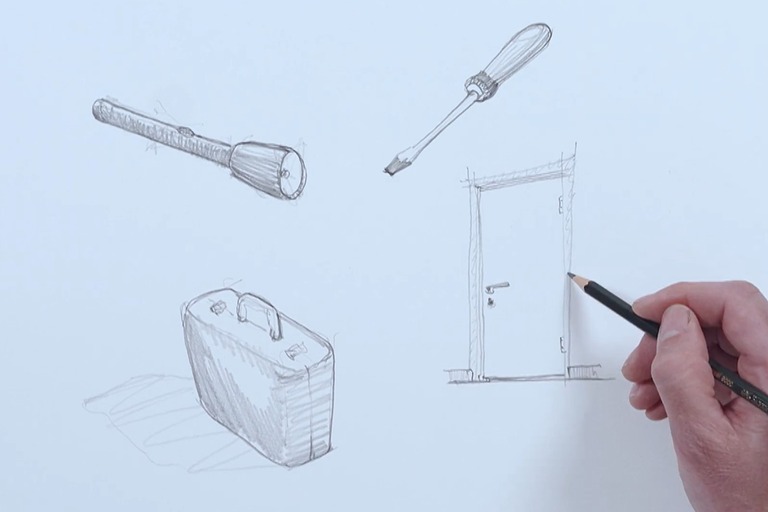
- News
The Torch, The Screwdriver, and the Pencil – Pete Wimberly’s Story
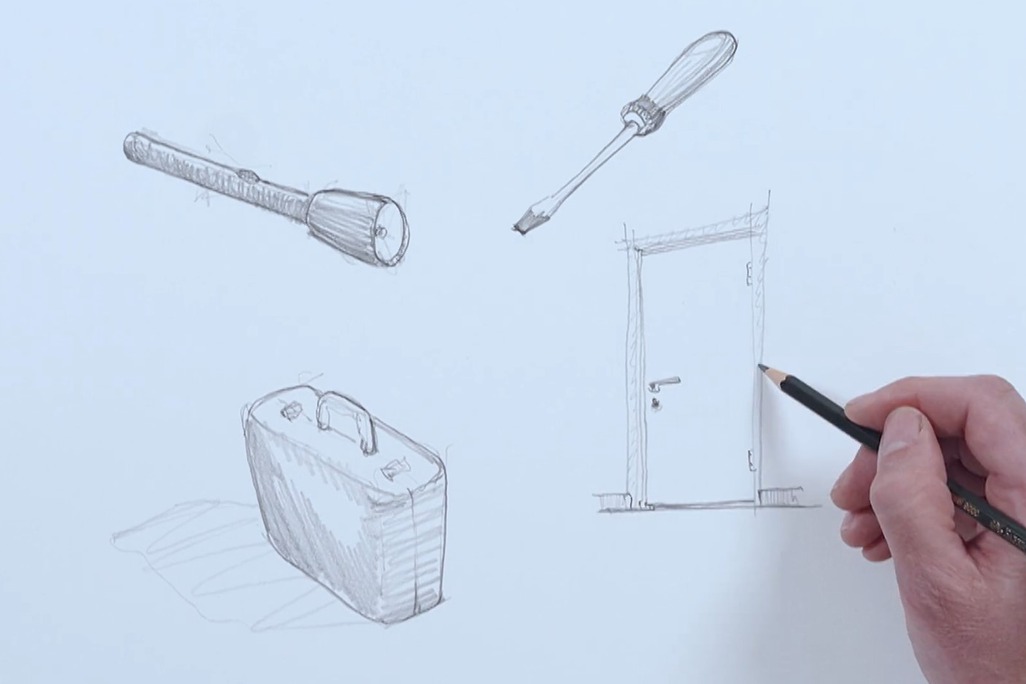
- News
The Torch, The Screwdriver, and the Pencil – Pete Wimberly’s Story
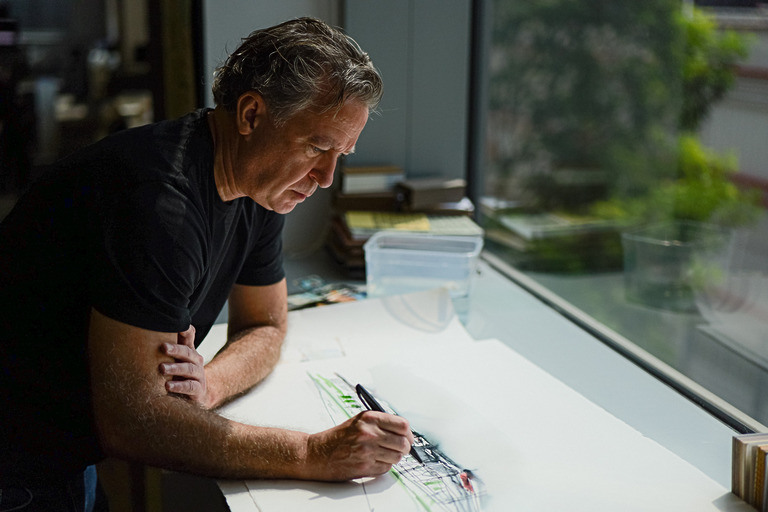
- Employee Feature
Ian Simpson: Constantly Curious, Constantly Creative
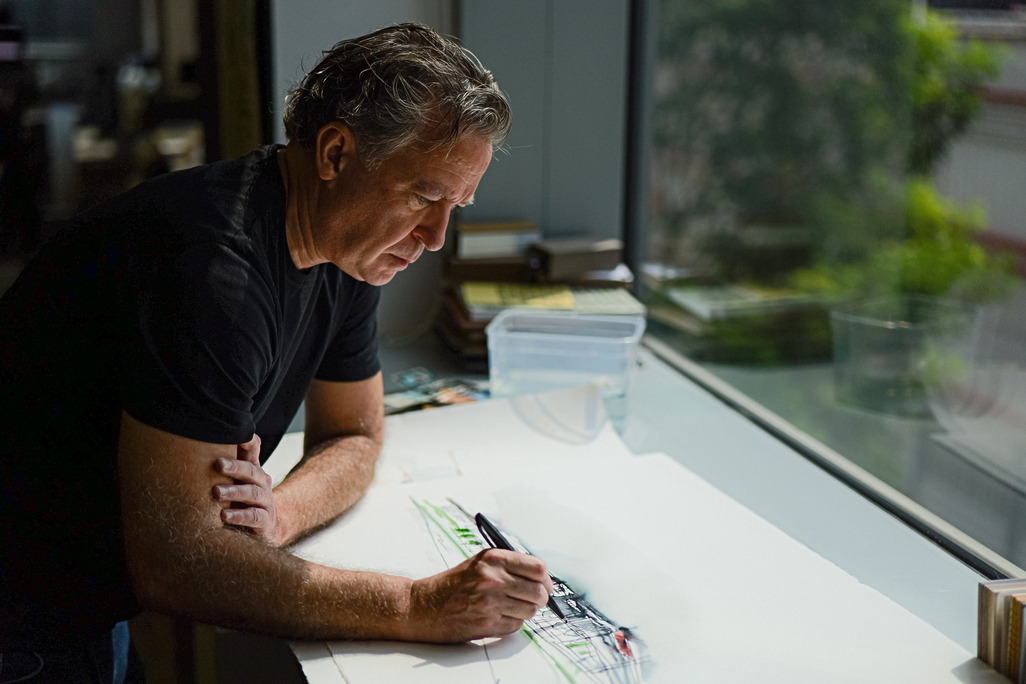
- Employee Feature
Ian Simpson: Constantly Curious, Constantly Creative
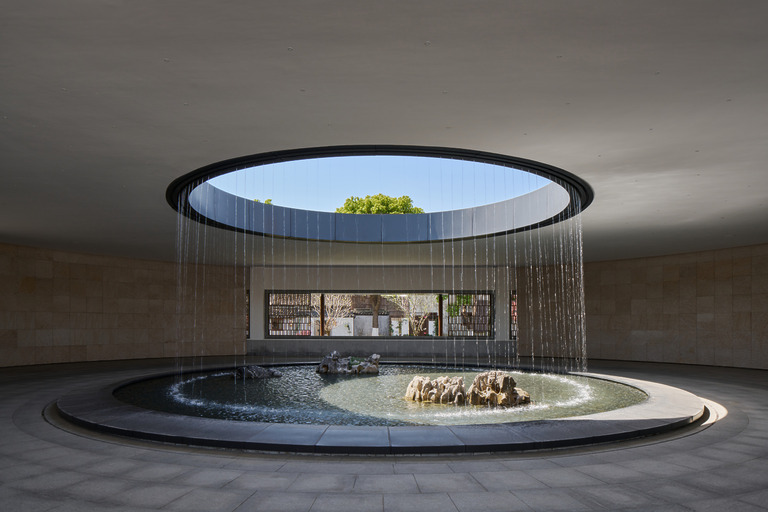
- Strategy & Research |
- Design Thinking & Innovation
Designing the Arrival Experience
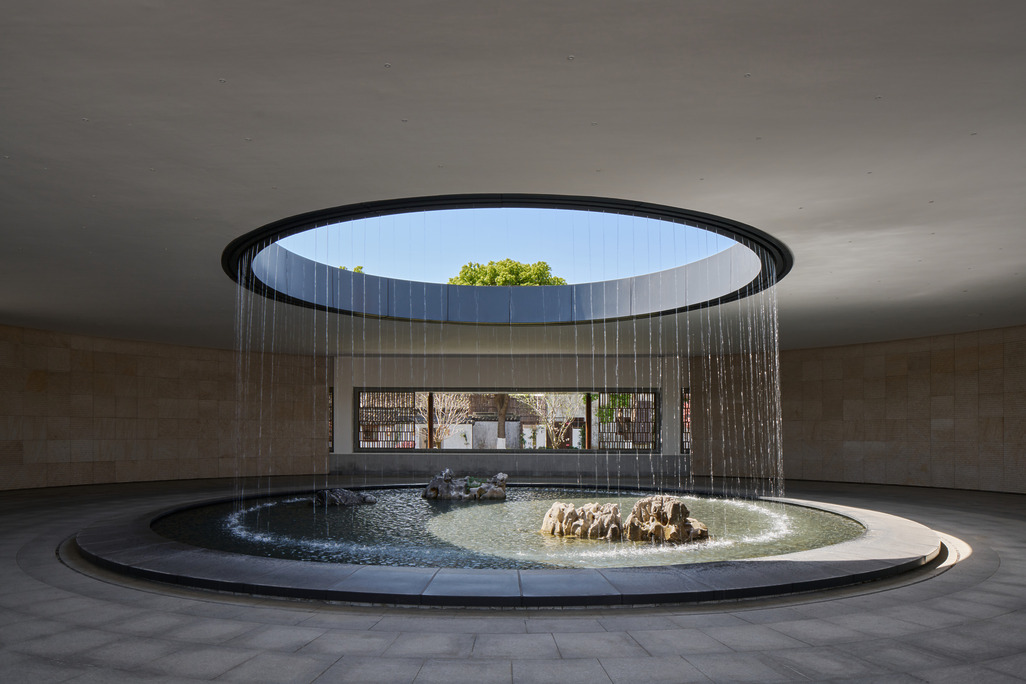
- Strategy & Research |
- Design Thinking & Innovation
Designing the Arrival Experience
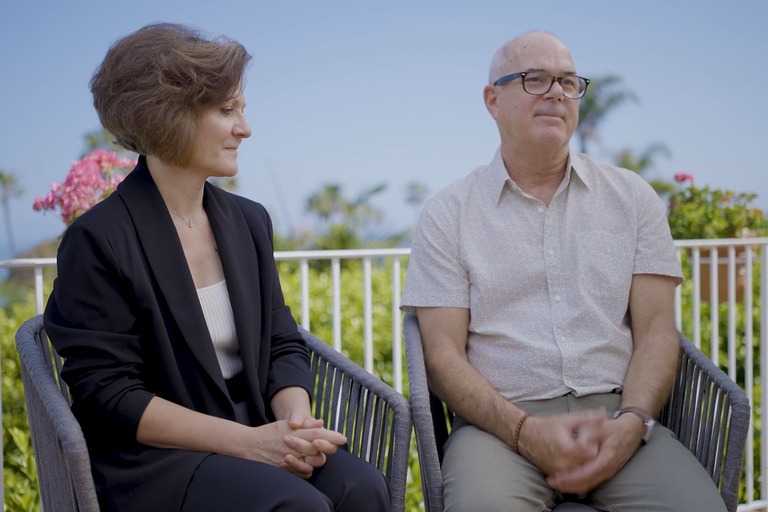
- Employee Feature |
- Inside WATG
Mentorship, Community, and Creativity: WATG’s Blueprint for the Next 80 Years
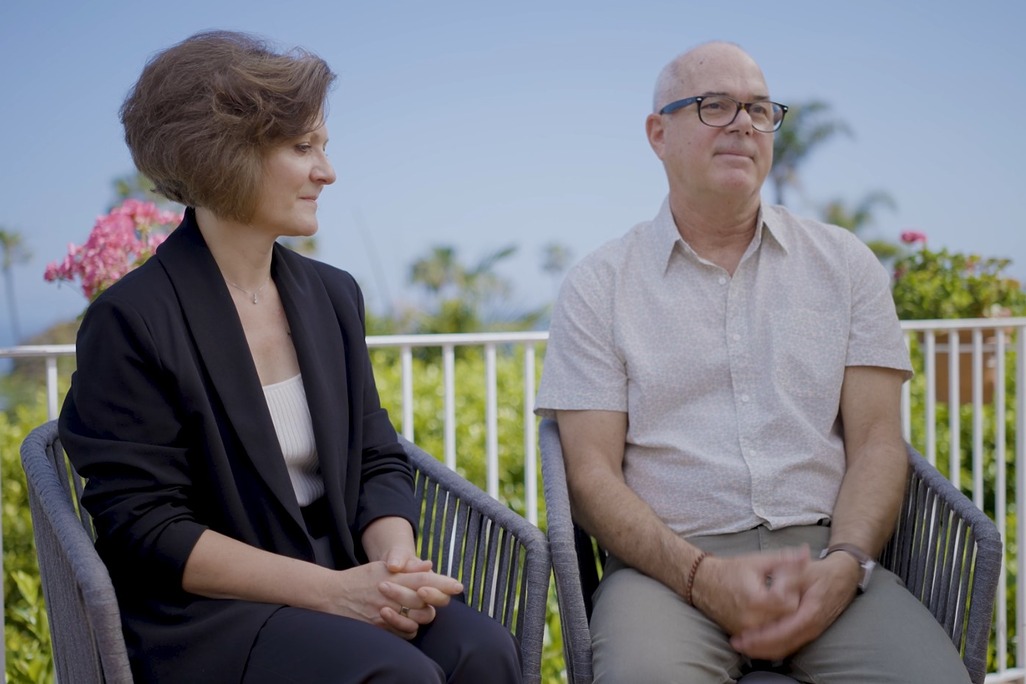
- Employee Feature |
- Inside WATG
